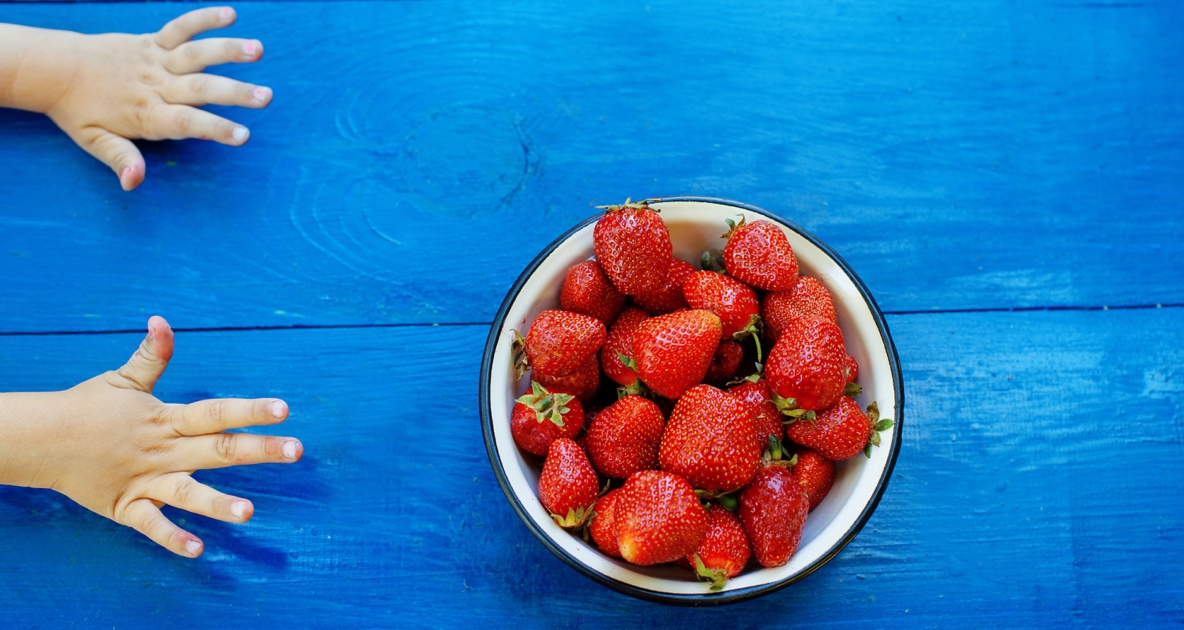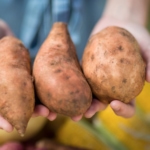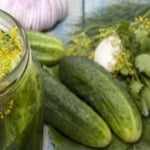Why Eat Organic?
What exactly is "organic"? Are there actual health benefits to eating organic food, or is it just a fad? Plus see the list of the new "Dirty Dozen."

Organic food has been a steadily growing industry since at least the 1970s, with an all-out boom in recent years. As recently as the 1990s, shoppers had to go out of their way—to farmers’ markets, food co-ops, and higher-end grocery stores —to find organic produce and prepared food. Now, even discount superstores have shelves upon shelves of certified organic foods.
Though prices for organic food have decreased some over the last decade, many organic options are still more expensive than “conventional” items. Given that, and the fact that there is still a lot of confusion about what “organic” even means, you may be wondering whether buying organic food is really worth it. Why bother? What are the benefits? Here’s a quick overview to help you decide.
First, What Exactly Does “Organic” Mean?
By legal definition in the U.S., organic food must come from plants and animals that are grown or raised without the use of synthetic fertilizers, chemical pesticides, herbicides, antibiotics, artificial growth hormones, feed additives, or genetic modification. Because those are all relatively new developments in farming, one could say that all food was “organic” prior to the 20th Century.
For processed foods to be labeled organic, 95% of their ingredients must meet those standards, and they cannot contain any artificial flavors, colors, or preservatives.
Many people prefer organic produce and prepared foods because they worry that consuming the chemicals used in commercial pesticides can have negative health effects. Direct exposure to some chemical pesticides has been linked to a number of health problems, including respiratory problems, cognitive disorders, skin conditions, cancer, depression, nerve damage, miscarriages, and birth defects. While it’s important to always wash fruits and vegetables before eating them, proponents of eating organic claim that it is impossible to fully remove all of the chemical residue found on conventional produce.
Earth Benefits of Organic
Some also believe that organic growing practices improve the quality of soil over time, allowing more nutrients to be transferred to crops. Furthermore, conventional crops are often genetically modified to grow larger or, in the case of very fragile fruits and vegetables, hardier so that they’ll transport better. Often, these enhancements are made at the expense of flavor, which is why organic food has a reputation for tasting better.
For many people, though, the primary reason to buy organic food is out of concern for the environment. Chemical pesticides and weed killers can spread through the wind and into streams and rivers, potentially reducing air quality, polluting the water supply, and harming animals such as fish and birds. Even if organic and conventional crops were equal in all other respects, the environmental impact of conventional farming would still prompt a large number of consumers to choose organic food.
“The Dirty Dozen”
Here is a list of fruits and vegetables that you definitely want to eat organic. The chemicals and pesticide residue of these 22 fruits and vegetables are cause for concern. Check out The Daily Green’s list of the “New Dirty Dozen” foods to always buy organic, as well as the “Clean 15” that you can buy conventional without too much worry.

Jaime McLeod
Jaime McLeod is a longtime journalist who has written for a wide variety of newspapers, magazines, and websites, including MTV.com. She enjoys the outdoors, growing and eating organic food, and is interested in all aspects of natural wellness.






Grow your own organics. It’s a way of ensuring good veggies and kids really get involved with the natural cycle of life! Nothing is as good as picking and eating your own produce.
Nothing is as annoying either as when you’ve nurtured something and a whopping great bunch of bugs locate a great, untainted food source.
There are natural ways of controling bugs that are food for thought, so to speak !!
The magic of nature doing its thing is worth it’s weight in gold when you’re fully involved at ground level.
No matter how small or big your plot, pot or bucket is, get planting and sampling it’s fun.